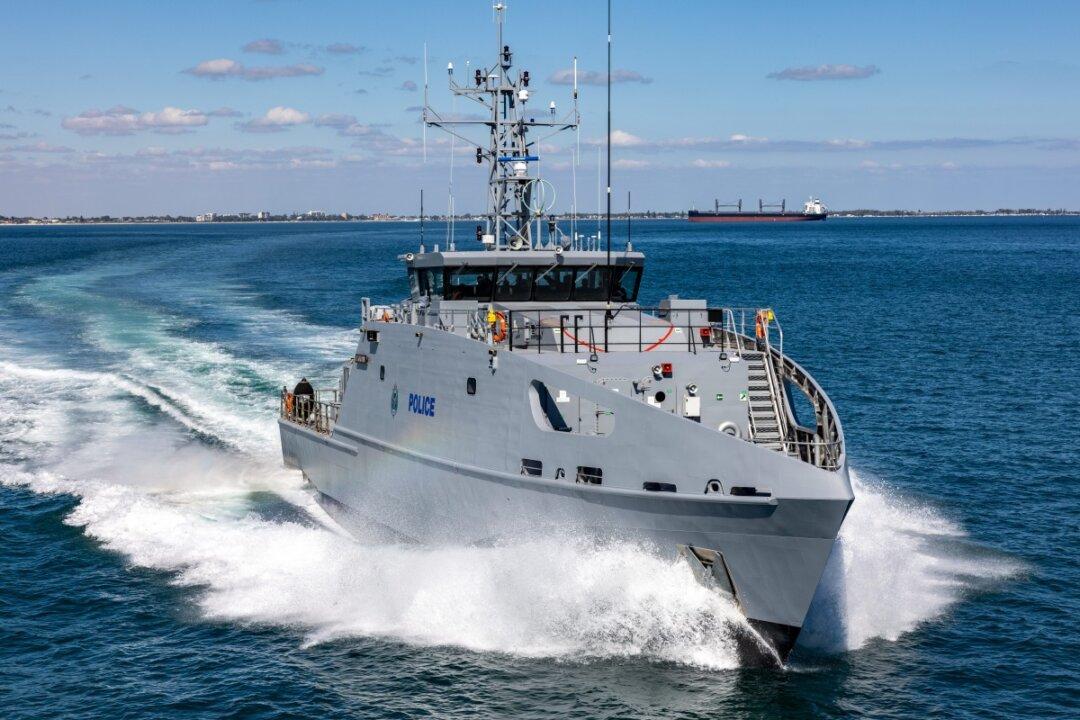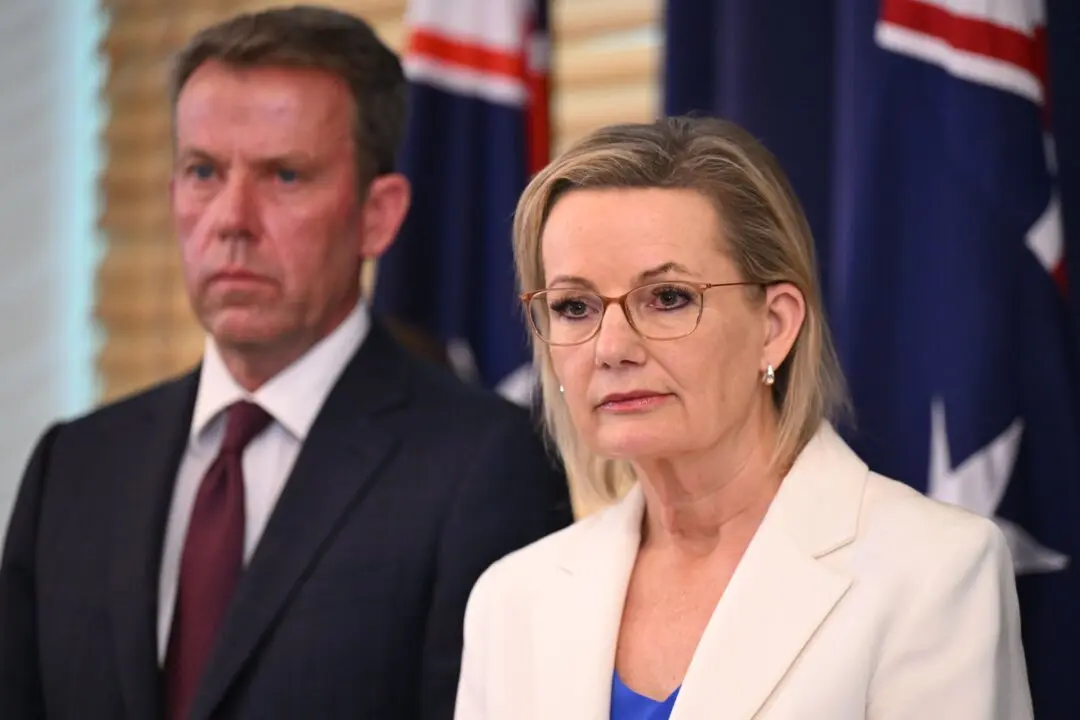A hiccup has emerged in Australia’s relationship-building efforts in the Pacific after technical defects were discovered in a fleet of Guardian-class patrol boats delivered to island nations under the Pacific Maritime Security Program.
The $2.1 billion Program (US$1.45 billion), part of the wider Pacific Step-up initiative, promised the delivery of 22 patrol vessels to Pacific island governments.





